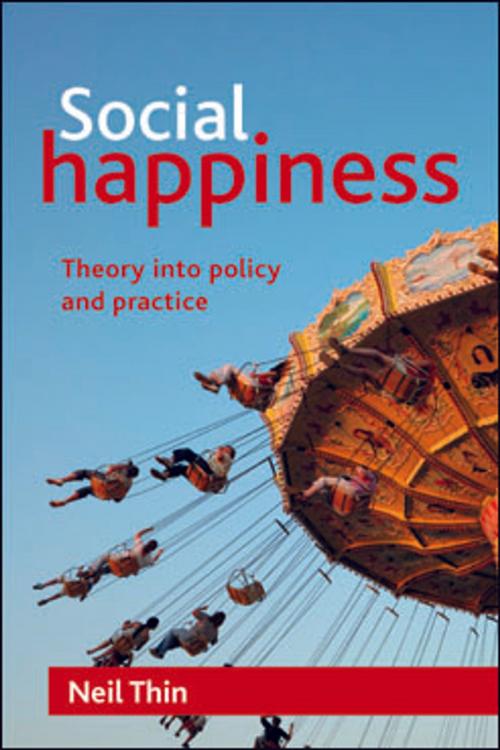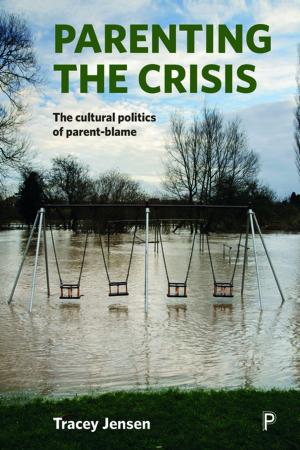Social happiness
Theory into policy and practice
Nonfiction, Social & Cultural Studies, Political Science, Politics, Social Services & Welfare, Government, Social Policy, Social Science| Author: | Thin, Neil | ISBN: | 9781447308157 |
| Publisher: | Policy Press | Publication: | January 18, 2012 |
| Imprint: | Policy Press | Language: | English |
| Author: | Thin, Neil |
| ISBN: | 9781447308157 |
| Publisher: | Policy Press |
| Publication: | January 18, 2012 |
| Imprint: | Policy Press |
| Language: | English |
The development of happiness as an explicit theme in social research and policy worldwide has been rapid and remarkable, posing fundamental questions about our personal and collective motives and purposes. This book examines the achievements and potential of applied happiness scholarship in diverse cultures and domains. It argues that progressive policies require a substantial and explicit consideration of happiness. Part one introduces the development of happiness themes in scholarship, policy and moral discourse. Part two explores the interplay between happiness scholarship and a wide variety of domains of social experience, including relationship guidance, managing social aspirations, parenting, schooling, gender reform, work-life harmonizing, marketing and consumption and rethinking old age. This exciting new text will appeal to policy makers, social organizers and community development practitioners, especially those interested in well-being related policy innovation and social entrepreneurship. It will also be of interest to academics embedded in policy practice.
The development of happiness as an explicit theme in social research and policy worldwide has been rapid and remarkable, posing fundamental questions about our personal and collective motives and purposes. This book examines the achievements and potential of applied happiness scholarship in diverse cultures and domains. It argues that progressive policies require a substantial and explicit consideration of happiness. Part one introduces the development of happiness themes in scholarship, policy and moral discourse. Part two explores the interplay between happiness scholarship and a wide variety of domains of social experience, including relationship guidance, managing social aspirations, parenting, schooling, gender reform, work-life harmonizing, marketing and consumption and rethinking old age. This exciting new text will appeal to policy makers, social organizers and community development practitioners, especially those interested in well-being related policy innovation and social entrepreneurship. It will also be of interest to academics embedded in policy practice.















